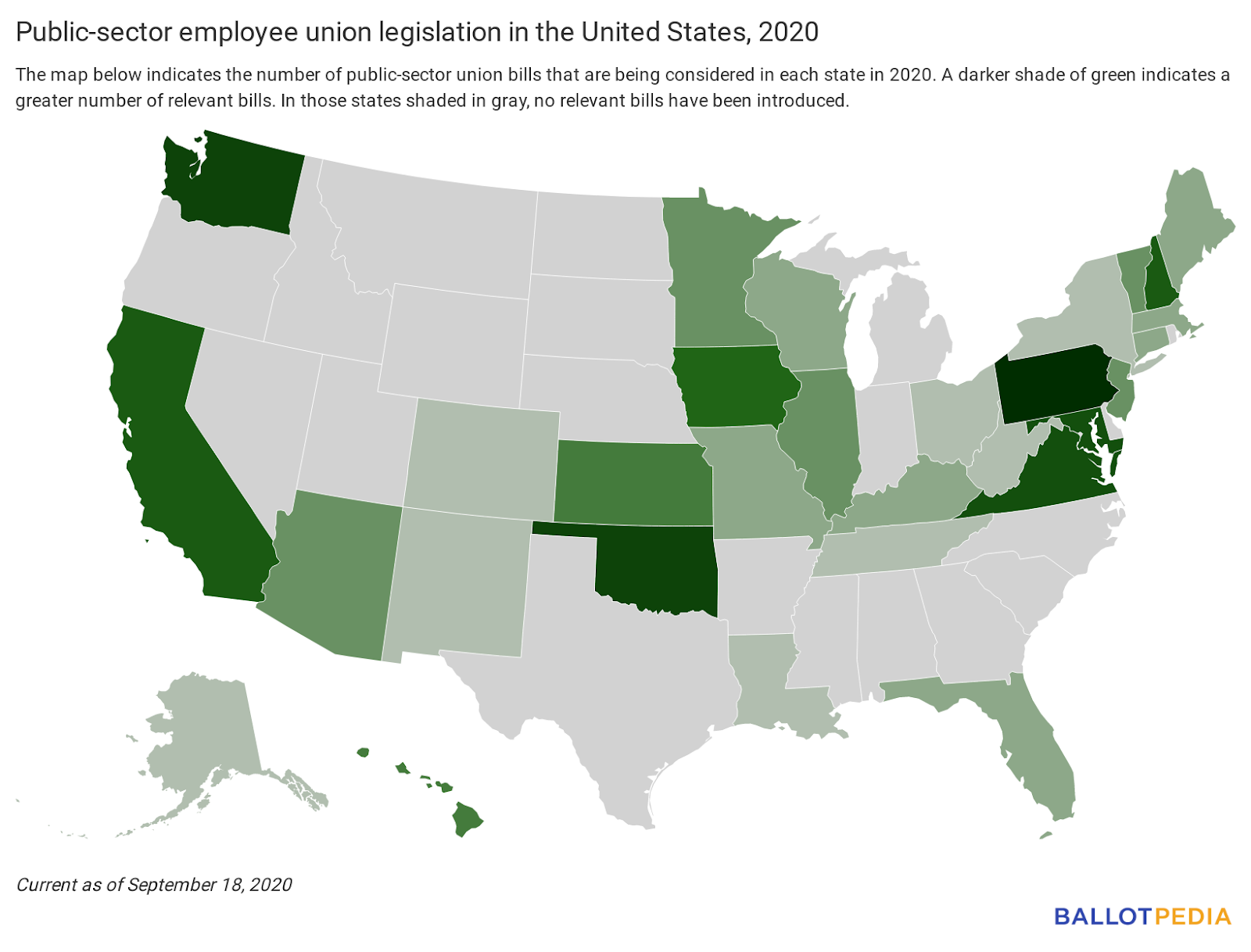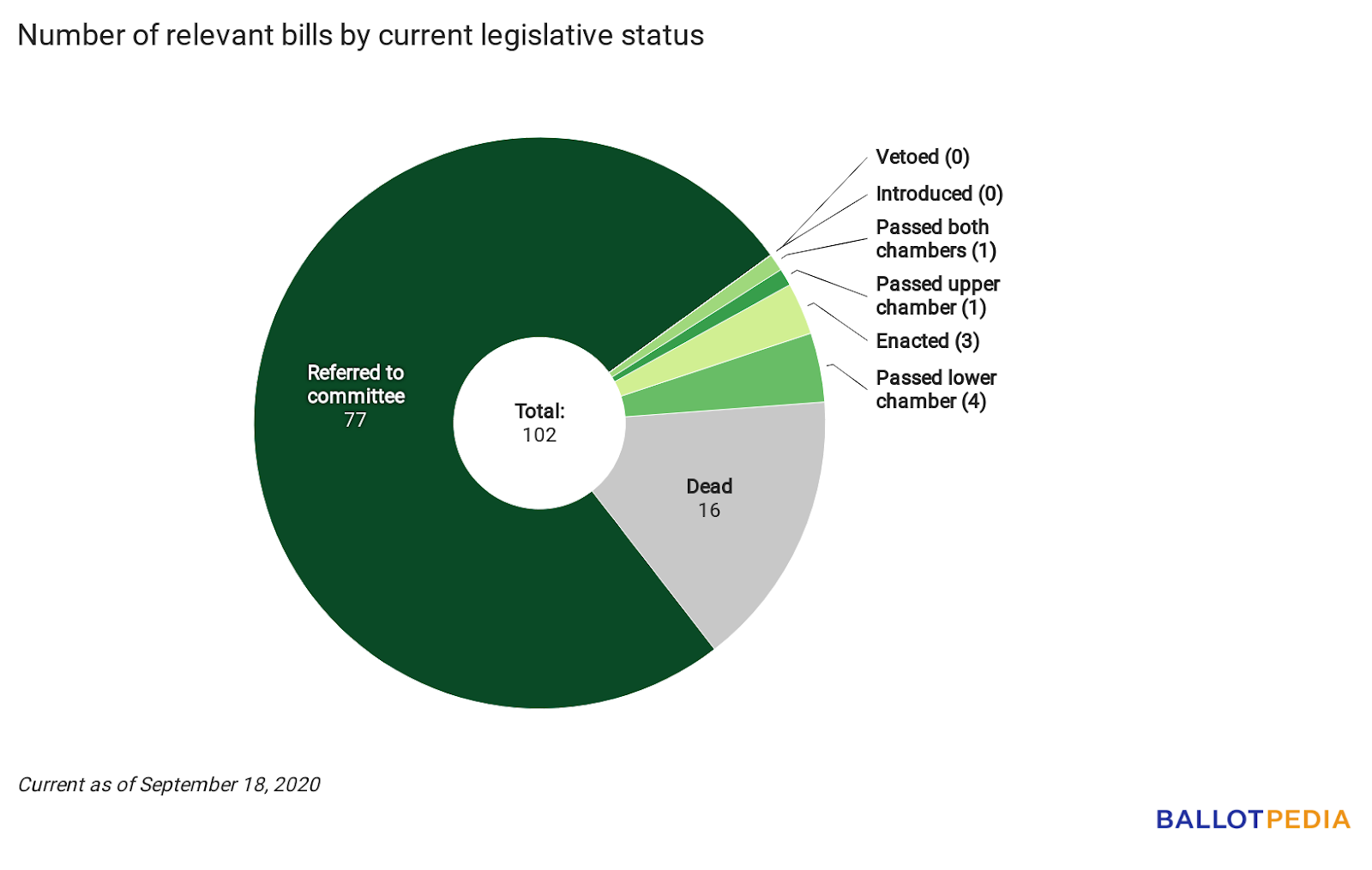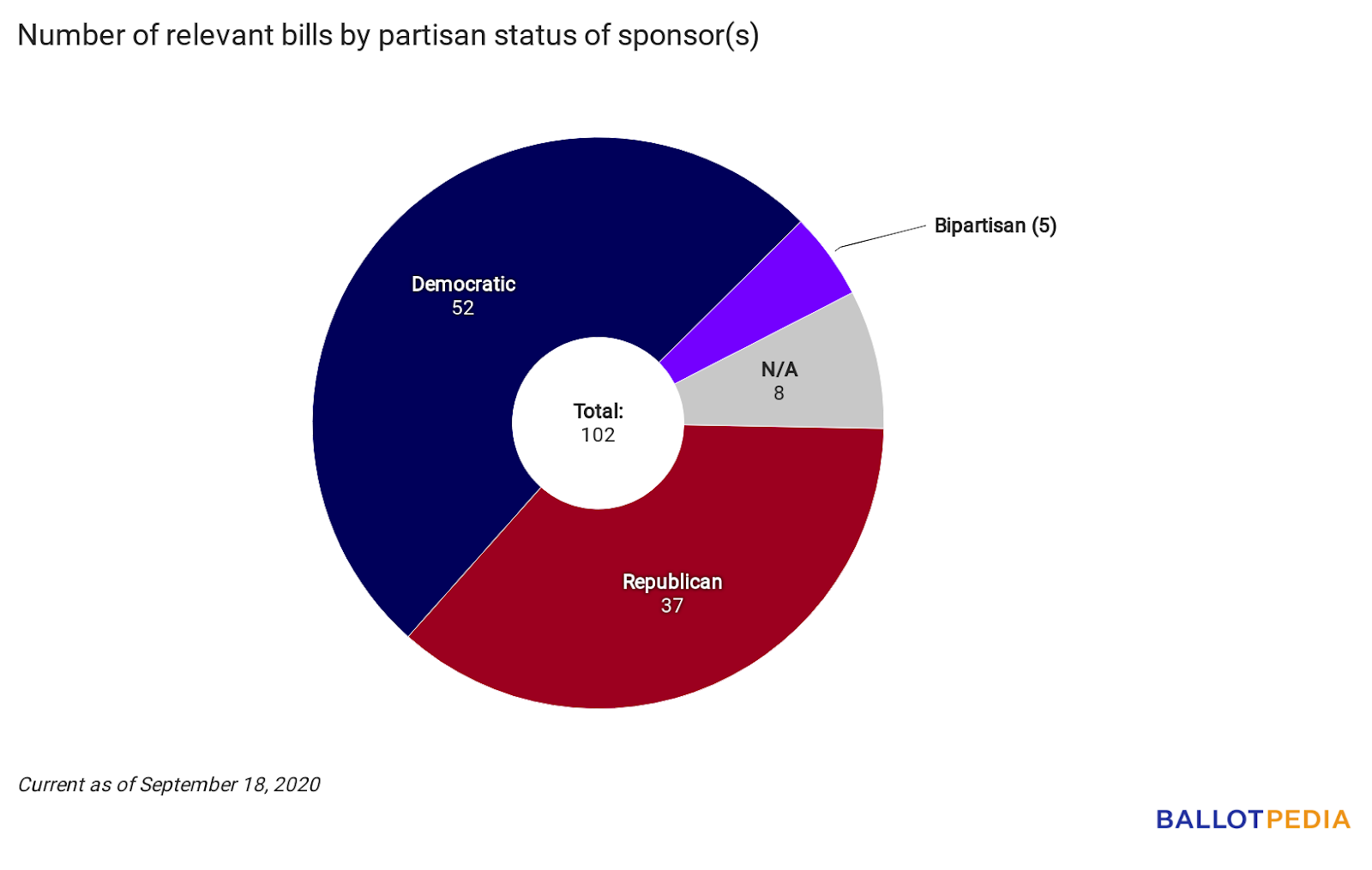SEIU settles class-action lawsuit over dues deductions for home healthcare workers
Earlier this month, the Service Employees International Union, Healthcare Illinois and Indiana agreed to settle a class-action lawsuit over dues deduction practices as applied to home healthcare workers.
Who were the parties to the suit?
The plaintiff was Hydie Nance, a home-based healthcare provider in Illinois. The National Right to Work Legal Defense Foundation represented Nance. The group describes itself as a nonprofit whose “mission is to eliminate coercive union power and compulsory unionism abuses through strategic litigation, public information, and education programs.”
The defendant was the Service Employees International Union, Healthcare Illinois and Indiana (SEIU-HCII). According to its most recent federal report the union’s membership is 61,637. SEIU-HCII represents healthcare, child-care, home-care, and nursing home workers in Illinois, Indiana, Missouri, and Kansas.
What was at issue?
Illinois’ Home Services Plan “provides services to individuals with severe disabilities so they can remain in their homes and be as independent as possible.” The Illinois Department of Human Services administers the program, which uses Medicaid funds to pay for a variety of services, including personal assistance, homemaker services, and others.
Nance provides home-based healthcare under the Home Services Plan. She alleged that the Illinois Department of Human Services “deducted union dues from the subsidies of home healthcare providers without informing them that ‘that they have a First Amendment right not to financially support SEIU-HCII.’”
Nance twice requested that SEIU-HCII stop deducting dues from her subsidies. After her second request, SEIU-HCII officials told her that a valid photo ID was needed in order to process these requests. Nance subsequently filed suit in the U.S. District Court for the Northern District of Illinois, alleging the dues deduction system “impedes and burdens personal assistants’ First Amendment right to stop subsidizing SEIU-HCII and its speech.” Nance also argued that the photo ID requirement “impinges on personal assistants’ right to privacy and exposes them to the threat of identity theft.”
Relevant precedents
Nance’s attorneys cited two U.S. Supreme Court decisions, Harris v. Quinn and Janus v. AFSCME.
In Harris v. Quinn, decided in 2014, the court struck down an Illinois statute compelling a specific class of home healthcare workers to pay fees to the Service Employees International Union.
In Janus v. AFSCME, decided in 2018, the court ruled that public-sector unions cannot compel non-member employees they represent to pay fees to cover the costs of non-political union activities. To do so, the court determined, would constitute a violation of employees’ First Amendment rights
What were the terms of settlement?
Under the terms of the settlement, SEIU-HCII agreed to
- Refund Nance $245 in dues deducted from her subsidies after she requested the union stop deducting dues.
- Accept requests to end dues deductions without requiring employees to provide photo identification.
- “Identify from its records providers whose requests to resign their union membership” were rejected due to their failure to provide photo identification and process those requests.
- Accept dues deduction requests made on forms provided by third-party organizations.
What were the reactions?
National Right to Work Foundation President Mark Mix said, “Though this settlement puts an end to this blatantly unconstitutional arrangement, it is outrageous that over two years after Janus was decided and over eight years after Harris was decided, union bosses still refuse to respect, and devise ways to circumvent, the constitutional rights of those they claim to represent.”
SEIU-HCII has not made a public statement on the settlement and declined to respond to requests for comment from other media outlets.
What we’re reading
- Cook County Record, “SEIU Healthcare OKs deal to end lawsuit accusing union of wrongly collecting dues after members ask to stop,” Sept. 17, 2020
- Courthouse News Service, “Unions Dealt Major Blow With 1st Circuit Ruling on Lobbying Dues,” Sept. 15, 2020
- The Washington Post, “Teachers unions around the world clash with governments over coronavirus and school reopening plans,” Sept. 12, 2020
The big picture
Number of relevant bills by state
We are currently tracking 102 pieces of legislation dealing with public-sector employee union policy. On the map below, a darker shade of green indicates a greater number of relevant bills. Click here for a complete list of all the bills we’re tracking.

Number of relevant bills by current legislative status

Number of relevant bills by partisan status of sponsor(s)

Recent legislative actions
- Vermont S0254: This bill would require public employers to provide unions with employee contact information. It would provide for the automatic deduction of union dues from members’ paychecks, and it would permit unions to meet with new employees to provide them with information regarding union membership.
- Democratic sponsorship.
- Senate approved Sept. 4. Referred to House General, Housing, and Military Affairs Committee Sept. 8. Committee hearing scheduled Sept. 17.

